Magda Teresa Wójcik
Nacimiento : 1934-06-10, Wilno, wileńskie, Rosja (obecnie Litwa)
Muerte : 2011-09-17

Ewan äiti
The story of Finnish boxer Joni, who brings up a son Simppa from his relationship with Polish girlfriend Eva. The mother left them years ago and returned to Poland. Eve is about to marry, but she still loves Joni.

Lucja Król
Made in 1982, shelved for five years. Story opens with Lucja Krol's husband under the tram. She gives birth to her fourth son on the floor of their new apartment. Neighbor Wiktor, a communist intellectual, befriends the poverty-stricken family but is soon arrested and sent to jail. During the war Lucja narrowly escapes a Nazi roundup at the black market. Her sons hold ardent Communist meetings in their apartment, with her blessing. Lucja works hard, but without complaint. After the war, Klemens is inexplicably arrested, accused by the new regime of being a collaborator. Wiktor, now a high-ranking party member, trying to defend him, himself falls into disgrace. Klemens is tortured to "confess" and dies in jail, a Communist to the end. Lucja is never told about his fate.
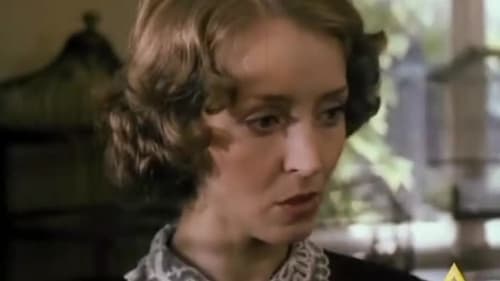
Maria, współpracownica Zofii
In 1943, Ewa decides to take care of her Jewish neighbour's daughter and brings her home just for a few days. When the ghetto uprising begins, the woman keeps on looking after the little girl.

gospodyni
As the Germans invade Poland Jewish Ruth and her mother are trapped by the oncoming Nazis. When they are loaded onto a truck for transportation to a ghetto, Ruth is told by her mother to jump from the truck at the first chance and to make her way to relatives in Warsaw. While the war progresses Ruth tries to survive and grow up.

Zofia, żona Jerzego
Jerzy and Zofia are offered a job in Africa. A married couple is faced with the dilemma of leaving or taking care of the man's mother and her sister.

Story of Podgaje massacre in January 1945 in which SS troop murdered captured Polish soldiers.
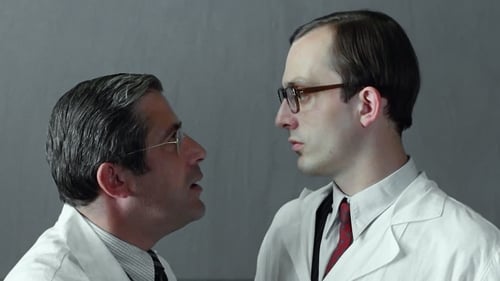
Nowacki's Wife
The film is set toward the beginning of World War II, at a psychiatric hospital in the country. But this is an unusual hospital: there are several incurable schizophrenic cases, staff is bit strange and a writer has voluntarily entered the clinic because he is "peculiar" and a drug addict. Then, the occupying forces arrive...

Joanna Cichoń, adwokat Jerzego
A famous Polish journalist presents a problem for the powers-that-be when he displays his full political skill and knowledge on a television show featuring questions and answers on a world conference by a panel of journalists. His enemies take away his privileges when he is away. The shock of being "unwanted" parallels a deeper disappointment in his private life: his wife has an affair with a jealous young rival, and after 15 years of marriage and two daughters wants a divorce. She offers no explanations as he tries to untie these problems himself. All the moves he makes are the wrong ones. He takes on drinking heavily with students eager to attend his seminar after discovering the class has been canceled. The journalist, once suave and commanding is reduced to silence.
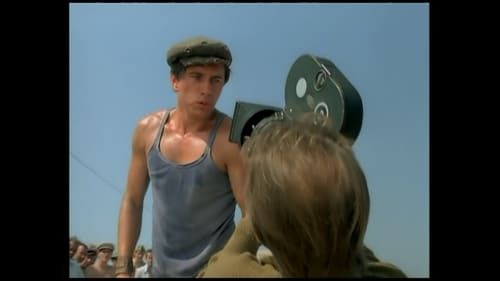
montażystka
En 1976, una joven de Cracovia que está realizando su diplomatura en cine, investiga la vida de un obrero, llamado Birkut, quien en los 50 fue, de manera fugaz, un héroe proletario. Su objetivo es investigar como se originó esa leyenda y que efectos provocó en él.
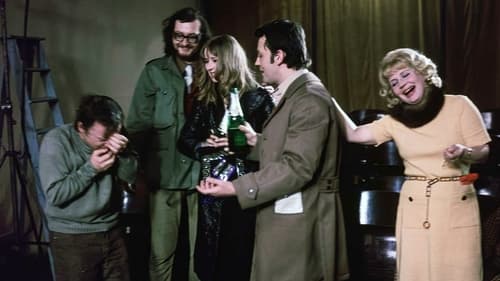
The main hero obsessively wants to become an actor. The would-be actor fails two entrance exams to the state acting school and has a nervous breakdown. Eventually he commits himself to the mental institution where patients are rehabilitated by doing some artwork. He refuses to paint but does some acting. He participates in a play where a lead, playing Oedipus, actually blinds himself. Out of the institution he has dreams of killing his father, but finally seems to be ready to start over again and either act without the state license or take another job.

Woman at Lucyna's Party
Sampson is one of several Andrzej Wajda films harking back to his youth during the Nazi Occupation of Poland. Many of these concern not only the struggle between good and evil, but also between passive and impassive. The hero is a Jewish youth. He, like his family, has always been silent and undemonstrative in the face of prejudice. Now he stands up for his right to survive, and in so doing represents the fighting spirit that culminated in the 1943 Warsaw Uprising. It was originally titled Samson, but re-spelled as Sampson upon its American release to avoid confusion with a sword-and-sandal epic of the same name.
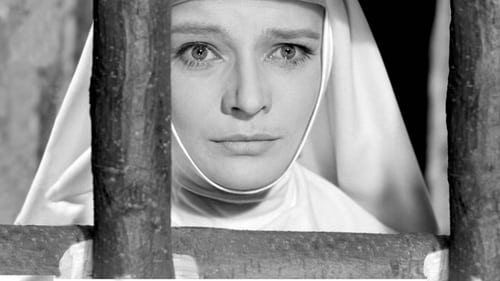
Nun (uncredited)
En el siglo XVII, un alto dignatario de Roma acude al convento de una pequeña ciudad polaca para exorcizar a la directora del mismo. (FILMAFFINITY)









